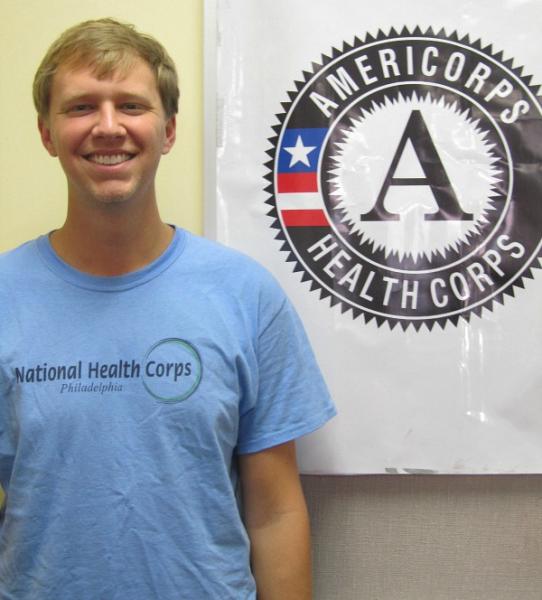Harm Reduction: The Next Step in the Fight Against Chronic Disease
Anyone that has ever met—or been—a stereotypical teenager knows that telling someone to stop doing something rarely, if ever, works. Humans are stubborn. Sometimes we do not want to, or cannot, change. Rather than attempting to control human behavior, the public health theory of harm reduction works to decrease the incidence of harmful consequences associated with a variety of lifestyle situations. For example, research has shown that injection drug use (IDU) is related to an increased risk of both HIV and Hepatitis C because of needle sharing and communal use of supplies. Therefore, instead of simply outlawing drug use and assuming that the issue has been solved, harm reductionists advocate for increased access to syringe exchange programs.
Between 1992 and 2012, Philadelphia saw a 39% decline in new HIV cases attributed to IDU with only 8.6% of cases now being linked to this behavior. Prevention Point Philadelphia (PPP), a Kensington-based social services organization and needle exchange program (NEP), is credited with this monumental success. Alongside the syringe exchange, PPP offers access to condoms, safe sex kits, wound care kits, and naloxone- a medication that reverses deadly opiate overdoses. All of these programs focus on meeting individuals where they are while assessing for risk factors and working to decrease the impact of chronic diseases on vulnerable populations.

PPP's mobile syringe exchange and medical assessment site at 3rd and Girard
Outside of PPP, harm reduction-based practices can be found throughout Philadelphia. Both Strawberry Mansion Health Center and the Public Health Management Corporation (PHMC) Care Clinic have begun offering Pre-Exposure Prophylaxis (PrEP) for HIV. Individuals that find themselves at an increased risk of exposure to HIV can benefit from a daily pill that works to decrease the risk of infection. Partners in serodiscordant relationships (where one partner is HIV negative and the other is HIV positive) are finding PrEP to be an exciting new method of protection. If the HIV negative individual is on PrEP, the HIV positive individual adheres to his/her antiretroviral therapy (ART), and condoms are used, the likelihood of transmission is drastically reduced. As is the goal of harm reduction, PrEP can effectively decrease stress and anxiety in serodiscordant relationships, allowing both individuals to pursue lives that are not marked by constant worry of infection.
Despite the evidence that points to the lifesaving qualities of harm reduction, organizations promoting such behavior meet resistance when seeking funding. In order to qualify for federal funding, programs must adhere to the ABC (Abstain- Be Faithful- use Condoms) model of HIV prevention. Any additional services, such as syringe exchange, can be disqualifiers when seeking grants. With antiretroviral medications for HIV costing upwards of $380,000 for lifetime use and a twelve-week Hepatitis C treatment regimen costing $84,000, we need much more comprehensive prevention than what the ABCs provide.
While many of my clients at PPP are highly motivated to enter drug treatment, they are affected by barriers to care. Drug treatment programs that accept the uninsured and individuals with Medicaid plans require a Pennsylvania State ID, which now costs $27.50. Unable to afford identification, they come to PPP seeking services to prevent infection as they realize that their behaviors put them at an increased risk for HIV and Hepatitis C. For this reason, harm reduction programs are empowering individuals in their quest for health, not enabling drug use.
We must recognize that we are an intertwined community where the health of one individual directly affects the wellbeing of another. If we wait for an infectious disease such as HIV to reach our immediate social community instead of supporting accessible and effective prevention, we fuel the spread. Harm reduction agencies are hard at work improving the well-being of those in our community, and it is time that we join the fight.
Learn more about HIV in Philadelphia and the Philadelphia AIDS Activities Coordinating Office (AACO).

This post was written by PHC member Jeff Roberson.
Jeff serves at Prevention Point Philadelphia as a Primary Care & Hepatitis C Outreach, Linkage & Referral Specialist.